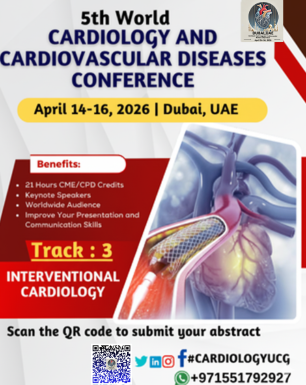



Sub Topics: Coronary Artery Disease, ...


Heart failure and myocardial infarction (MI), commonly known as a heart attack, are two of the most significant cardiovascular conditions worldwide, both contributing heavily to morbidity and mortality. While myocardial infarction involves the sudden blockage of blood flow to the heart muscle, heart failure is a chronic condition where the heart becomes unable to pump blood efficiently. These conditions are often interrelated—MI is a leading cause of heart failure. Understanding their mechanisms, risk factors, and management is crucial for improving patient outcomes and reducing the burden on healthcare systems.
Myocardial Infarction (MI):
Caused by obstruction of coronary arteries, typically due to atherosclerotic plaque rupture and thrombosis.
Symptoms include chest pain, shortness of breath, nausea, and sweating.
Diagnosis is based on ECG changes and elevated cardiac biomarkers (e.g., troponin).
Emergency treatment includes reperfusion therapy (e.g., PCI, thrombolysis).
Heart Failure (HF):
A progressive condition in which the heart cannot pump enough blood to meet the body’s needs.
Can be classified as HFrEF (reduced ejection fraction) or HFpEF (preserved ejection fraction).
Symptoms include fatigue, dyspnea, edema, and exercise intolerance.
Management involves lifestyle changes, medications (e.g., ACE inhibitors, beta-blockers), and in some cases, device therapy.
Connection Between MI and HF:
MI can lead to permanent damage of the heart muscle, weakening it and causing heart failure.
Prompt treatment of MI reduces the risk of developing HF.
Prevention Strategies:
Addressing risk factors like hypertension, diabetes, smoking, high cholesterol, and sedentary lifestyle is key.
Public awareness and early detection significantly improve prognosis.